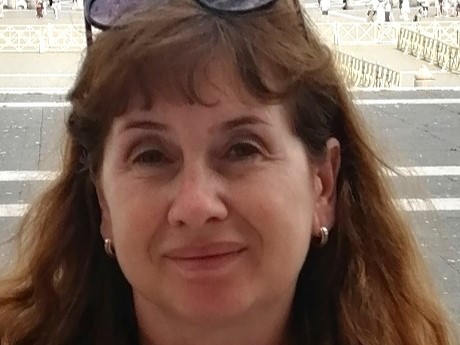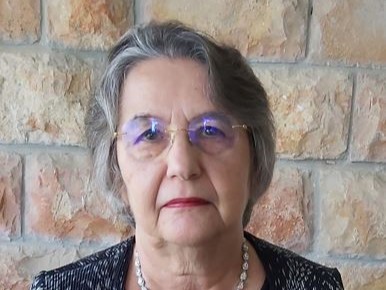1st International Egodocumental Network Conference
Vilnius University, Nicolaus Copernicus University in Toruń, the University of Lodz, and the Egodocumental Research Group (https://egodocuments.umk.pl) organise an international conference focusing on research, development, and changing perceptions of egodocuments in the twenty-first century. The conference aims to bring together scholars from different disciplines to share their insights and to encourage interdisciplinary studies of egodocuments.
The conference will also be the first meeting of the International Egodocumental Network established in December 2023 by the Egodocumental Research Group (Nicolaus Copernicus University in Toruń and the University of Lodz) to unite scholars from different disciplines working on egodocuments. It provides a platform for discussion, collaboration, and exchange of information between the participants, as well as online research seminars organized twice a year. In this dimension, our conference continues two editions of the Scientific Symposium "Egodocuments, Life-Writing and Autobiographical Texts..." organized at NCU in Toruń in 2022 and 2024.
Keynote speakers

Dr. Nataliia Voloshkova
Kazimierz Wielki University and Oxford Brookes University
Prof. Leona Toker
Hebrew University and Shalem Academic College
Prof. François-Joseph Ruggiu
Sorbonne Université, CNRS and Oxford University
Maxime Maleux
Katholieke Universiteit Leuven
heu! quis finis erit malorum? ἔσται καλῶς: Multilingualism in the diary of Girolamo Aleandro
A unique egodocument of its time, the personal diary of the Italian humanist Girolamo Aleandro (Hieronymus Aleander, 1480–1542) exemplifies learned multilingualism and codeswitching. Intended solely for personal use, the diary of Aleandro was filled with numerous observations primarily in Latin, the lingua franca of Renaissance scholars, yet significant portions are also written in Greek and even include occasional instances of Hebrew. Previous research has shown that Aleandro used Greek for emotionally charged or even embarrassing content, no doubt to keep it hidden from prying eyes. The Hebrew passages have yet to receive thorough analysis, likely due to Omont’s (1895) flawed transcription.
After discussing the place of Aleandro’s diary in the context of Renaissance multilingualism, this paper analyzes its Greek passages, their discursive functions, form, and style. In the same vein, we examine the role of Hebrew in the diary and contextualize its usage. Finally, we compare Aleandro’s code-switching with that of his contemporaries and his own work meant for publication to shed light on how the absence of an audience – and therefore freedom in both style and content – influenced his multilingualism. Thus, we study how the humanist ideal of the trilingual scholar is reflected in a private document.










